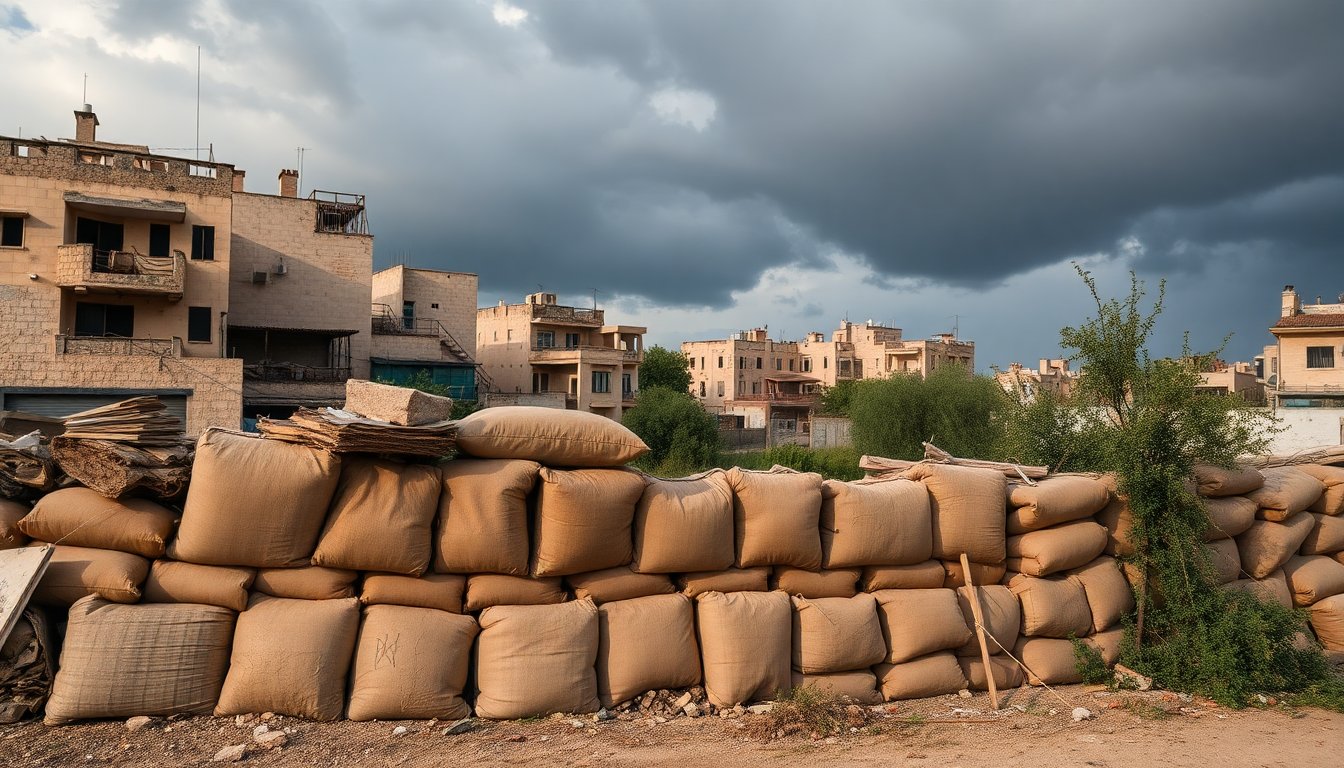Table of Contents
The ongoing situation in the West Bank has reached a critical juncture. Recent events have underscored the fragility of peace in the region. The escalation of violence, particularly following statements from Israeli officials advocating for territorial annexation, raises significant concerns regarding the future of a two-state solution. It is essential to assess the implications for both Palestinians and Israelis, as well as the international community’s response.
Current Landscape of Violence and Israeli Actions
Recent reports indicate a sharp increase in violent encounters between Israeli forces and Palestinians in the occupied West Bank. The Palestinian Health Ministry confirmed the killing of Ahmed Shehadeh, a 57-year-old man, by Israeli military personnel. This incident highlights a broader trend of aggression, with claims from the Israeli military suggesting that their actions are in response to perceived threats from Palestinians.
Alongside lethal confrontations, the Israeli military has conducted numerous raids in Palestinian territories, including Bethlehem and surrounding villages. These operations often lead to the detainment of local leaders and activists, further escalating tensions within communities already strained by ongoing occupation. Additionally, reports from Palestinian news agencies indicate a disturbing pattern of settlers attacking villages, exacerbating the already volatile situation.
The Israeli government’s push for settlement expansion, fueled by far-right political agendas, has intensified the conflict. Finance Minister Bezalel Smotrich’s recent statements advocating for the annexation of a significant portion of the West Bank have drawn international criticism and raised alarms about the future of Palestinian statehood.
The International Response and the Call for a Two-State Solution
As violence surges, the international community has begun to respond with renewed calls for a two-state solution. Several countries, including Finland, have expressed their commitment to supporting diplomatic efforts aimed at establishing a viable Palestinian state. However, the effectiveness of such initiatives remains questionable in light of Israel’s aggressive policies.
The Arab League’s recent resolutions emphasize that lasting peace cannot be achieved while Israel continues its expansionist policies. The League advocates for a resolution based on the principles of the 2022 Arab Peace Initiative, which stipulates full normalization in exchange for Israel’s withdrawal from occupied territories. Yet, many Palestinians feel that time is running out for a viable two-state solution.
Xavier Abu Eid, a former communications director for the Palestine Liberation Organization (PLO), highlights the visible impact of settlement expansion on the landscape between key West Bank cities. The transformation of these areas into zones dominated by Israeli flags and settlements presents a sobering picture of the realities on the ground.
The Implications for Future Peace Efforts
The current trajectory of violence and territorial encroachment poses significant challenges for peace efforts. The Palestinian Prisoners’ Media Office has reported alarming figures regarding arrests and detentions of Palestinians, further contributing to a climate of fear and repression. As the Israeli government continues its crackdown, the conditions for dialogue and reconciliation appear increasingly tenuous.
Moreover, the harsh conditions faced by Palestinian detainees, as highlighted by numerous rights organizations, raise ethical concerns about the treatment of individuals in custody. Reports of medical neglect and abuse paint a grim picture of justice within the Israeli legal system, further alienating Palestinian communities.
In conclusion, the escalating crisis in the West Bank necessitates urgent attention from the international community. The situation demands a concerted effort to revive the dialogue for a two-state solution, as the window for achieving a peaceful resolution narrows. Without decisive action, the prospects for a just and lasting peace remain bleak, and the cycle of violence is likely to continue unabated.


